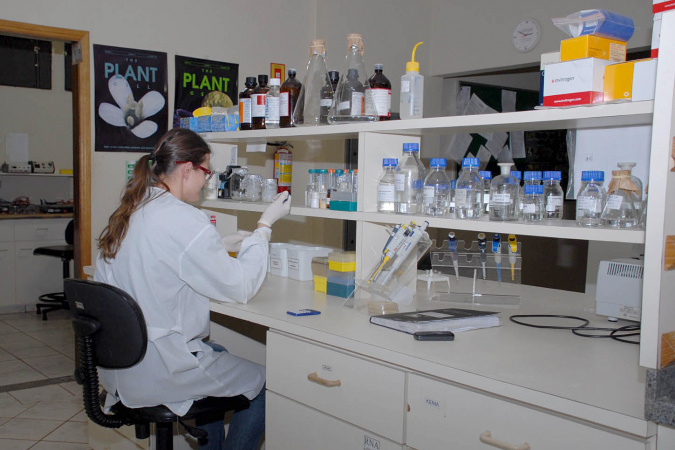National Science and Researcher Day will be celebrated on Saturday, July 8th. It is an important date to highlight the importance of researchers to the progress of society and the health and well-being of the population.
CEO of the company IDR-Paranha (Institute of Rural Development of Paraná – Iapar-Emater), Natalino Avance de Souza The work of these professionals has been fundamental to placing Brazil in the list of the world’s largest food producers and exporters.
Among the research findings, Souza highlights more productive and adapted varieties, better soil conservation management and increased knowledge of climatic phenomena, which make monitoring possible. “These and countless other achievements make agriculture the most efficient, sustainable and productive possible,” he says.
In the field of plant genetic improvement, for example, in recent decades researchers from IDR-Paraná have developed more than 220 new options for beans, wheat, coffee, maize, rice, potatoes, forage, temperate and tropical fruits, cassava, green manure plants and ground cover. He notes that “these shipments made it possible to increase productivity, reduce environmental damage and increase the supply of food to the population.”
The latest achievement is the sorghum IPR W225, which is in the final stages of preparation and legal action for launch later this year, Souza says. IDR-Paraná began work on improving sorghum – a specialty crop intended for the production of hominy, cornmeal and bigo flour – still in the 1990s, at the request of producers and small industries in the south-central part of the country. Mention those who were looking for a well-performing variety that produces beans with good culinary characteristics.
Another example mentioned by the director is the studies that made it possible to manage citrus ulceration and made it possible to include Paraná in the map of national and international citrus production. “Today, the Paraná production chain is the third largest in Brazil, but another important disease, greening, is challenging researchers who are dedicated to science and technology in this field of knowledge,” he says.
The director also highlights the pioneering spirit of the researchers from Paraná in direct cultivation studies, which began in the 1980s; development of the Porona cattle breed, the first of its kind in Brazil that is being formulated at a government research center; Moreover, the development of apple varieties suitable for regions with mild winters, which are now grown in all the states of southern Brazil, São Paulo, Rio de Janeiro, Minas Gerais and Bahia.
“It is essential to acknowledge the dedication of the researchers and their work in what was truly revolutionary in the rural areas of Paraná and Brazil,” he adds.
date The National Science and Scientific Researcher Day was established through two laws. In 2001, through Law No. 10221/2001, the National Science Day was set with the aim of celebrating this date in all educational institutions in the country. A few years later, in 2008, Law no. I set 11.807/2008 as National Scholar’s Day, both dated July 8th. In this way, the celebrations met with the declaration of the National Day of Science and the Scientific Researcher.

“Wannabe internet buff. Future teen idol. Hardcore zombie guru. Gamer. Avid creator. Entrepreneur. Bacon ninja.”

